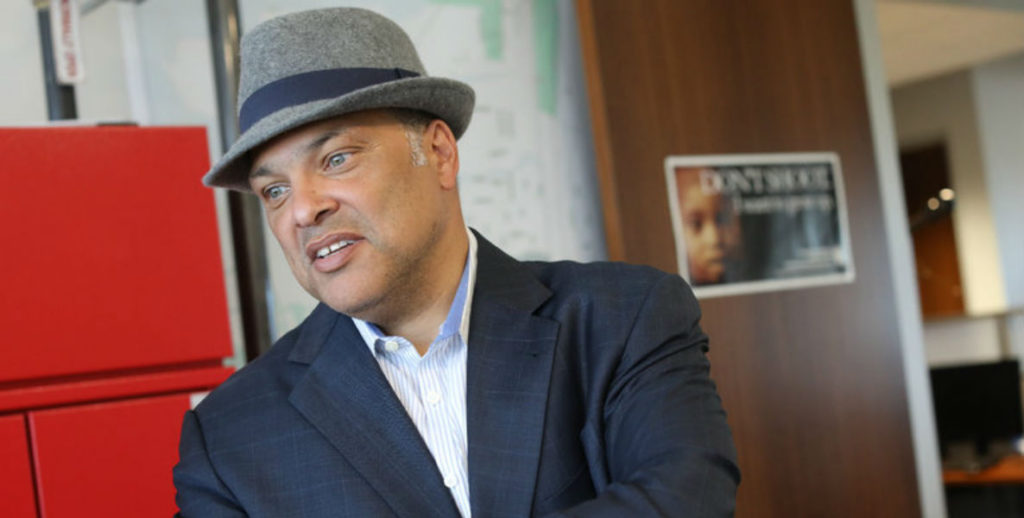The Operation Peacemaker Fellowship in 2010 as a way to reduce gun violence in the city by DeVone Boggan, the director of the Office of Neighborhood Safety in Richmond, California. The fellowship uses research and intelligence to identify people likely to commit gun violence, then connects them with job training, mentorship and social services. After six months, members of the fellowship—mostly African-American males between 14 and 27 years old—are eligible for a monthly cash stipend up to $1,000 for up to nine months.
These stipends are funded through private grants and can be earned by making steady progress toward life goals such as getting a driver’s license or finding safer housing. The size of the stipend depends on how well fellows progress toward their goals. Fellows are also invited to meet with prominent community members, as well as a council of older men who serve as mentors. They attend weekly classes to help them develop skills like anger management and conflict negotiation.
Unlike other focused deterrence approaches, Operation Peacemaker is not administered by the police, but by the Office of Neighborhood Safety. There are no threats of punishment if fellows don’t comply. The office also does not share any gathered intelligence about the fellows with the police. This establishes a basis of trust with the fellows. After the first five years of Operation Peacemaker, the average homicide rate in Richmond dropped by nearly 60 percent. This percentage cannot be solely linked to Operation Peacemaker, but statistics show that the fellowship is an active part of the solution to Richmond’s gun violence.
Read the full story here (via The New York Times)
Here’s what else we’re reading:

